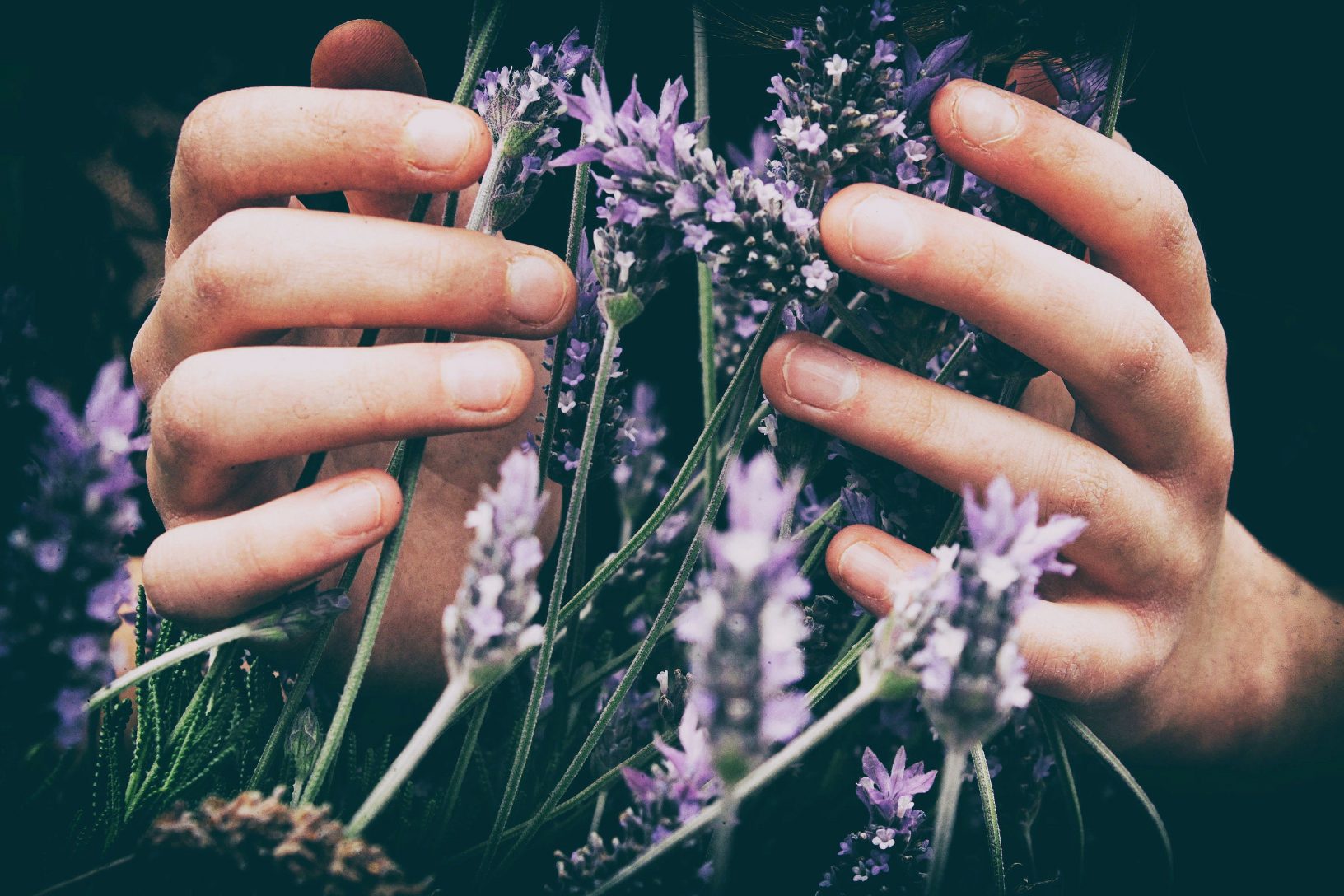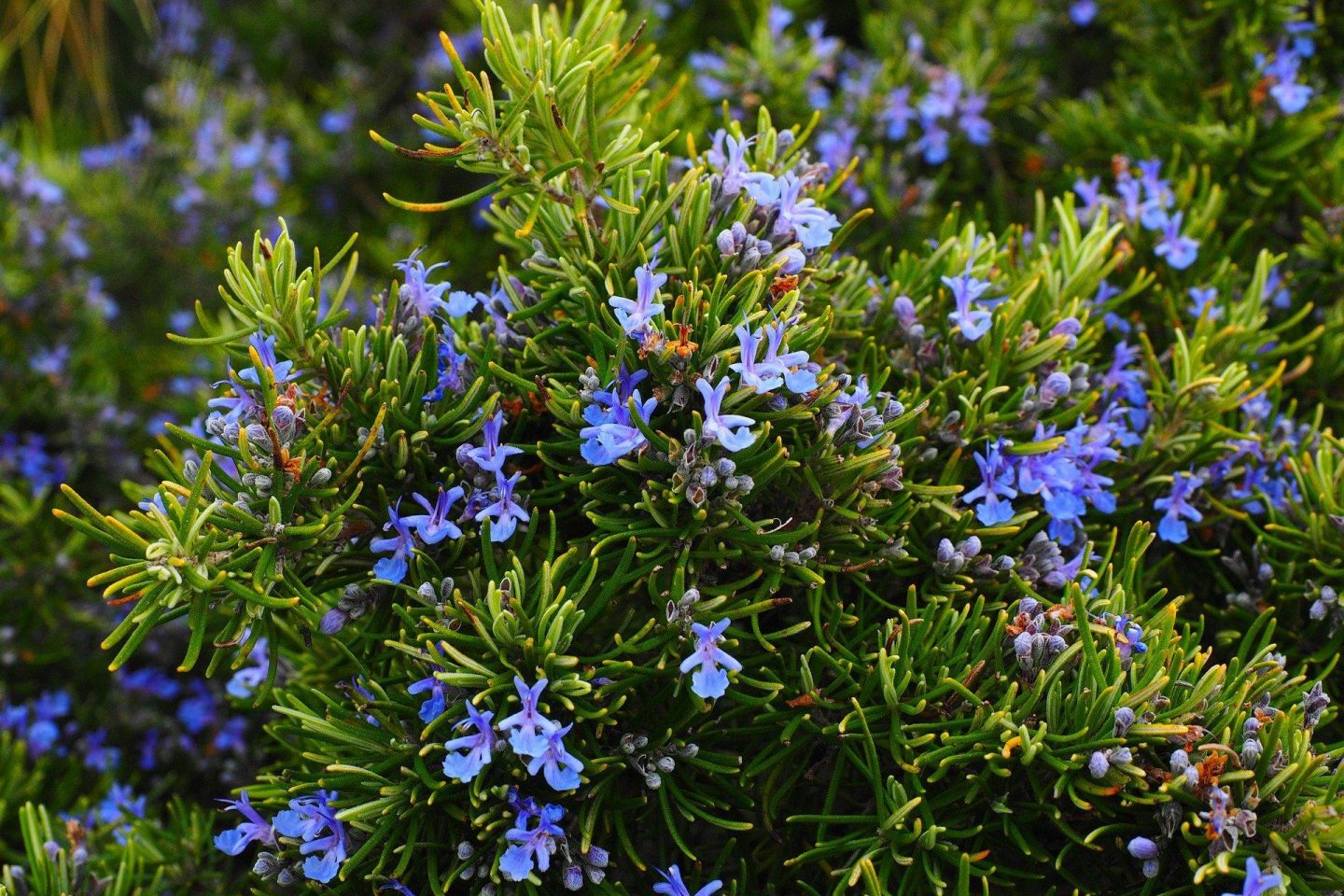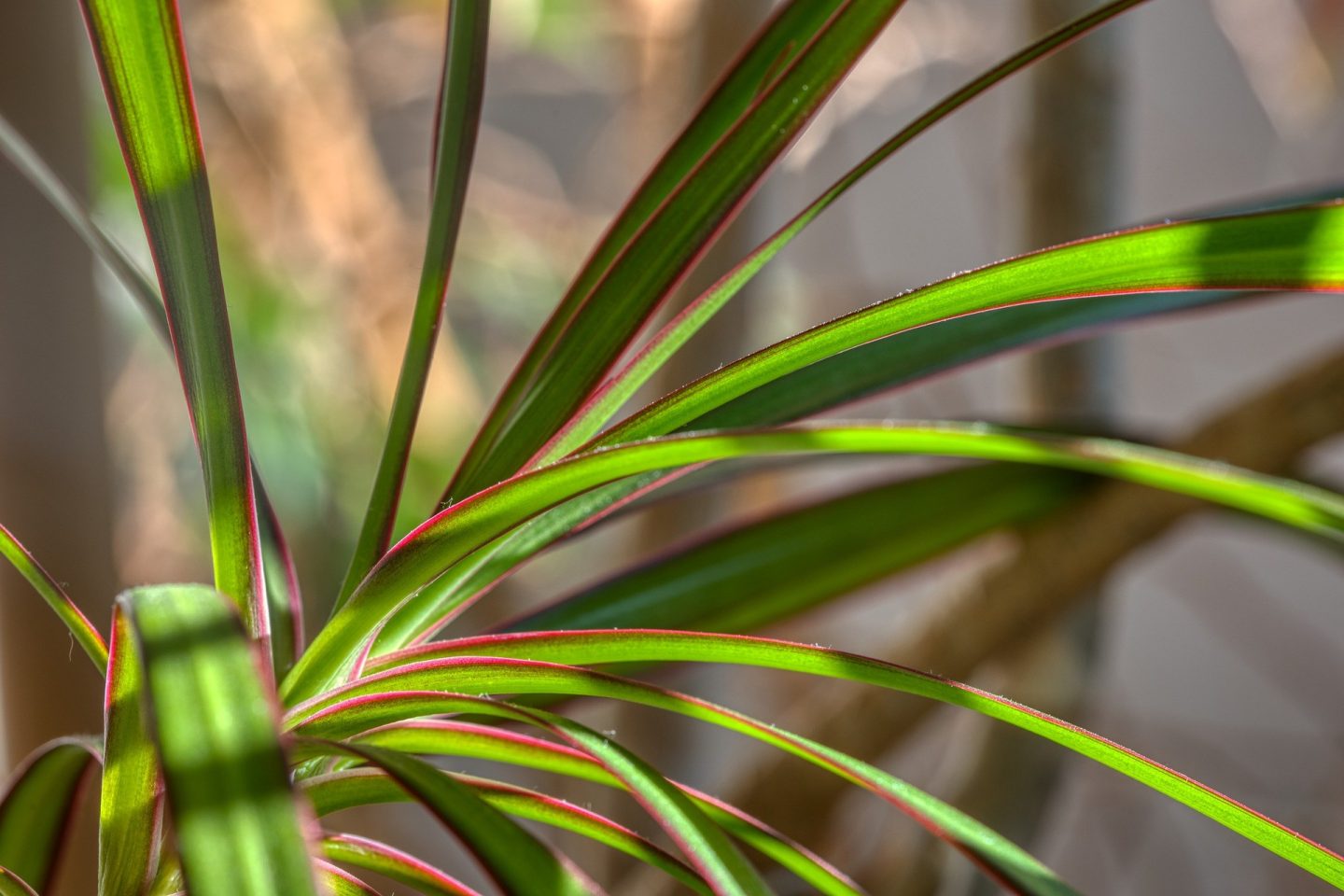
Available now on iOS and Android, helping you garden your way to better health
Find out moreWe might have the sense that being surrounded by plants makes us feel better. It’s good to know there are plenty of scientific studies that prove this feeling is true.
For example, a study by University of Exeter discovered people moving to a greener area (in terms of parks and gardens) experienced an improvement in mental health. This continued for at least 3 years after moving.
Mental Health Foundation created a report on Mental Health and Nature. It highlighted that both time in nature and how connected to nature we feel can be important for our mental health.
Plants don’t need to be in the garden for us to experience benefits. A study has concluded that having indoor plants can help reduce stress and lower blood pressure.
Here we suggest some of our favourite outdoor and indoor plants with associated mental health benefits.
Evidence suggests if we spend time in a green environment then we reduce stress, improve mood and come away self-reporting improved wellbeing.
Damien, Thrive

Lavender is renowned for its richly fragrant flowers and aromatic foliage. This easy-to-grow shrub is best planted in spring, thrives in a sunny spot and flowers in late spring and summer.
This is a plant that is always at the top of the list as a natural anxiety buster. Lavender is the source of one of the most popular essential oils. It boasts many benefits when inhaled, such as improvement in short-term memory, stress relief and relaxation. Its floral smell is effective at decreasing anxiety and providing a calm atmosphere.
As your lavender grows, you can clip the flowers and use them in tea. You can also hang them upside-down for about a week to dry before using them as a fragrant décor indoors.
Available now on iOS and Android, helping you garden your way to better health
Find out more
Jasmines are evergreen or deciduous climbers and can be summer or winter flowering. Summer-flowering jasmines have clusters of small, fragrant flowers that are usually white or pale pink. Winter jasmine is a popular and reliable shrubs Its bright yellow flowers help to bring cheery colour throughout the colder months.
All jasmines have small star-shaped flowers with a sweet and distinctive fragrance. This delicious fragrance is known for helping to ease the body from anxiety. When surrounded by jasmine, it’s likely we’ll feel more at peace.
Jasmine is best planted somewhere sunny, warm and sheltered. If you place it near a seated area, it's easier to enjoy the scent of the flowers for longer.

Lemon balm comes from the mint family. It is a bushy, perennial herb with oval, lemon-scented leaves with scalloped edges. It produces spikes of creamy-white or pale purple flowers in summer. It is also known as 'melisa', which is the Greek word for bee. This is very fitting, because lemon balm is rich in pollen and attracts lots of pollinators.
The leaves are used as a herb, in teas and also as a flavouring. They have strong relaxing properties and are used to combat stress, anxiety and insomnia.

Popularly known for its use in cooking, rosemary is a perennial herb from the mint family. It has also been used in traditional medicine for centuries.
Rosemary is a sun-loving shrub with needle-like leaves that can be picked all year round. Its scent evokes the Mediterranean. It is a really tough plant and many people plant rosemary outside in place of more traditional shrubs.
Rosemary essential oil has a woodsy fragrance. It is commonly used in aromatherapy because it calms the body while energising the mind. Rosemary oil can also help improve memory function and relieve anxiety.
Research shows that smelling rosemary essential oil can lower levels of the stress hormone cortisol in your blood.

The Gerbera daisy is very colourful and adds a dynamic element to any garden, regardless of its size. Gerberas have huge, daisy-like blooms on long stems. They are attractive to bees and other pollinating insects. They are perfect for pots, for adding colour to borders and even for indoor conservatory displays. Gerbera daisies come in many colours from bright shades of hot pink to cooler pastel shades.
People often associate gerbera daisies with beauty and cheerfulness. This is why gerberas are great for offering anti-anxiety and relaxation benefits. Not only are they a great stress reliever, there is also something inherently charming about these flowers.
I enjoy seeing brightly coloured flowers and vivid greens.
Survey respondent, gardening and dementia

Chrysanthemums bring welcome flowers in September and October. These perennial plants are either hardy or half-hardy (generally able to survive cold winters). You can also find late-flowering versions that are grown as houseplants and flower in winter.
Chrysanthemums flower in an incredible range of different colours. They naturally brighten any space they’re in. They can bring a sense of joy and calm to our gardens and homes, helping to lessen symptoms of worry and stress. The flowers have also been proven to purify air. By removing toxins in the air, this helps our bodies relax a bit more too.

The snake plant is a popular houseplant. It has pointed, sword-like leaves which have led to the nickname ‘mother-in-law’s tongue!’. There are several different varieties, all with slightly different shapes and leaf colours.
The snake plant could be described as the perfect houseplant. It always looks fresh, but is extremely durable and requires very little attention to grow. It isn’t fussy about its location and needs little watering.
Known to provide a strong protective energy, the snake plant can effectively reduce anxiety, respiratory problems and headache symptoms. It is also a good air purifier. NASA research included it among plants that can remove toxins from the air inside our homes.

The red-edged dracaena (Dracaena marginata) is a striking houseplant. It has elegant long, thin leaves with the characteristic crimson edges and can grow quite tall (up to the ceiling).
It is a low maintenance plant that doesn’t require much watering and can last for years. Whilst it prefers a bright or lightly shaded spot, it will also tolerate low-light conditions.
The red-edged dracaena is known to promote relaxation and reduce stress. Its air-purifying qualities help eliminate toxins in the air. This can contribute to a relaxing, clean ambience in your home.